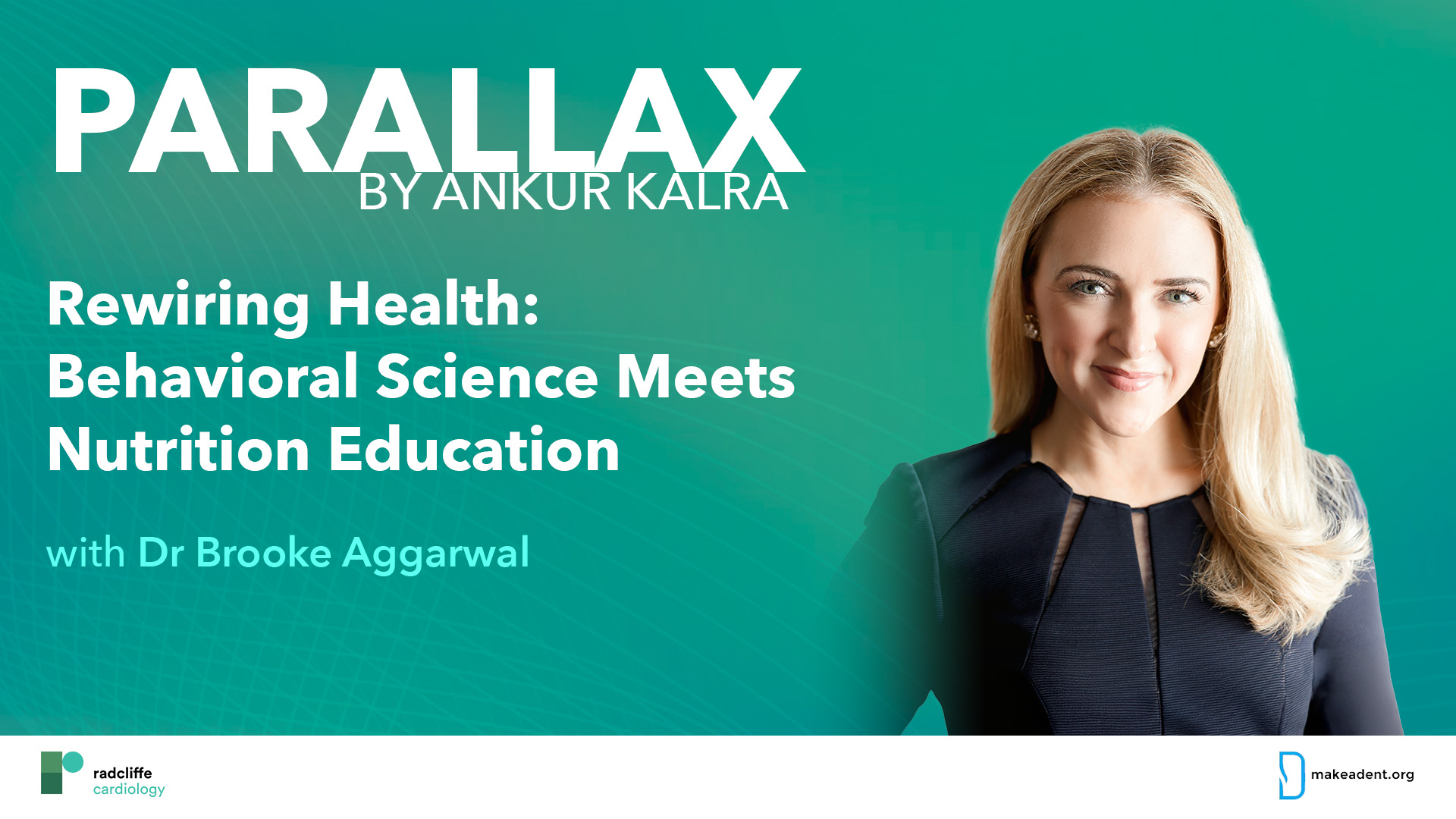
This week on Parallax, Dr Ankur Kalra welcomes Dr Brooke Aggarwal to dive deep into the fascinating intersection of behavioural science and nutrition education. Dr Brooke Aggarwal, an Assistant Professor at Columbia University Medical Center, focuses her research on how behavioural and psychological factors influence adherence to cardiovascular disease prevention guidelines.
In this episode, Dr Aggarwal shares insights from a groundbreaking study she worked on, the Family Intervention Trial for Heart Health (FIT Heart), unveiling the crucial role of social support and caregiver dynamics in maintaining healthy behaviours. Dr Kalra and Dr Aggarwal discuss innovative techniques such as motivational interviewing and cognitive behavioural therapy that are transforming the landscape of nutrition counselling.
Dr Aggarwal shares her insights into the practical applications of behavioural science in clinical settings, emphasising the importance of addressing cognitive distortions with evidence-based approaches. The discussion highlights the need for healthcare providers to adapt their language to enhance accessibility, creating a supportive environment for sustainable lifestyle changes within patients.
Join us as we explore how combining behavioural science with nutrition knowledge can empower individuals to take control of their health and create meaningful, sustainable improvements in their lives.





What is the Global Cardiology University project? How does Dr Anavekar encourage trainees to re-examine their role in patient care? What is his advice to our listeners?

As Dr Kalra asks Dr Rao about the ways in which early career faculty members can get involved with the organization at a state level. Dr Rao shares his insider tips and highlights key events where individuals can further their participation.
How can you get involved with your local ACC chapter? How can you improve your leadership skills? What is Dr Rao’s advice for our listeners?

He explains how the complexity of nutrition and the compounds generated by the gut microbiome can impact our health. We learn more about three compounds produced by our gut microbiome that have a strong connection with heart disease.
Through this conversation, Dr Vuyisich invites us to reframe our approach to nutrition and prevention as a question of food education and data-driven science.


This episode features a vascular neurologist and an interventional cardiologist who will discuss the relationship between their two fields of medicine.

In this rich and insightful discussion, Dr Kittleson talks about the origins of famous #kittlesonrules, a collection of tips for doctors shared on Twitter, and her thoughts on mentorship. We learn more about Mastering the Art of Patient Care. Dr Kalra and Dr Kittleson discuss strategies for managing difficult situations in patient care.

What do you need to know about hospital investigations? What is the difference between OPPE and FPPE? How can you get educated on hospital bylaws and processes?
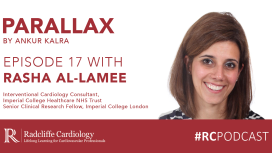
Ankur and Rasha also discuss the findings and unanswered questions of ORBITA, and how recent research in coronary revascularisation and stable ischemic heart disease has (or has not) changed their clinical practice. Finally, in anticipation of its presentation at AHA 2019, Rasha gives an overview of the International Study of Comparative Health Effectiveness with Medical and Invasive Approaches (ISCHEMIA). Submit your question to Ankur via: podcast@radciffe-group.com.
Hosted by @AnkurKalraMD. Produced by @RadcliffeCARDIO.
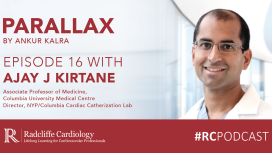
Ajay also talks about how he has negotiated between competing priorities in clinical and academic work, and how he manages fatherhood with a busy career. Ahead of the American Heart Association Scientific Sessions 2019, Ajay also shared what he thinks we can expect from the highly anticipate ISCHEMIA trial. Submit your question to Ankur via: podcast@radciffe-group.com.
Hosted by @AnkurKalraMD. Produced by @RadcliffeCARDIO.
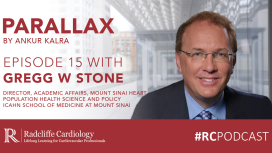
Gregg also shares his tips on how to progress from clinical practice to academic research, and what it takes to be a successful clinical investigator. Finally, Gregg shares with Ankur what personality traits he looks for in mentees and why presenting a final project is not enough. Submit your question to Ankur via: podcast@radciffe-group.com.
Hosted by @AnkurKalraMD. Produced by @RadcliffeCARDIO.
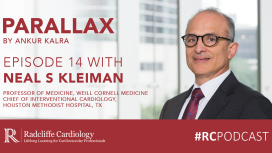
Digging more into the practicalities of everyday work-life, Neal reflects on the challenges of reporting to multiple bosses who have different goals, and how geography enabled him to move between cathlab and academia. Neal also shares what he looks for in early career academic cardiologists. Submit your question to Ankur via: podcast@radciffe-group.com.
Hosted by @AnkurKalraMD. Produced by @RadcliffeCARDIO.
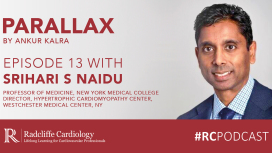
Ahead of TCT 2019, Ankur and Hari also talk about which trials presented in San Francisco they are most excited about! Submit your question to Ankur via: podcast@radciffe-group.com. Guest @SrihariNaiduMD.
Hosted by @AnkurKalraMD. Produced by @RadcliffeCARDIO.





